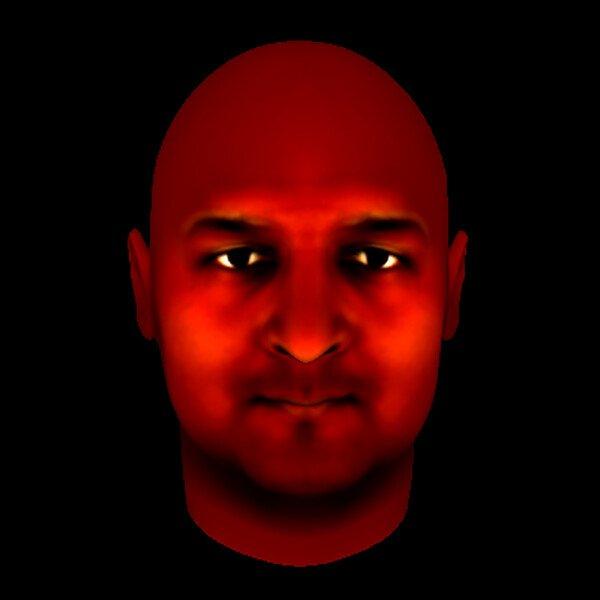Avatar therapy: early trial results 'very encouraging'
A new Wellcome-funded study has shown that avatar therapy may help to reduce auditory hallucinations in people with schizophrenia when used alongside other treatments.

The study is the first large-scale trial of this type of therapy. It involved 150 people with schizophrenia who had had persistent and distressing auditory hallucinations for more than a year, despite treatment.
The experimental therapy was first developed by Julian Leff, Emeritus Professor of Mental Health Sciences at UCL, and tested in a pilot study in 2013.
How avatar therapy works
Patients create a computerised simulation (avatar) of the voice they most want to influence, including what the voice says, how it sounds and how it could look.
Therapy involves a three-way conversation between the patient, therapist and avatar, with the therapist speaking as themselves and also voicing the avatar.
In the trial patients talked face-to-face with their avatar over six sessions. They practised standing up to it, correcting misconceptions about themselves and taking control of the conversation, so that power shifted from the avatar to the patient.
The avatar came to recognise the patient’s positive qualities, and the patient’s greater control and power in the relationships.
- Half the patients in the trial were given avatar therapy.
- The other half received a form of supportive counselling.
- Both forms of treatment ran for the same number and length of sessions, and patients were given audio recordings to take home.
- All participants continued to receive their usual antipsychotic medication throughout the trial.
Pressing play on the video above will set a third-party cookie. Please read our cookie policy for more information.
Avatar therapy is a promising new approach
The researchers, from King’s College London, found that avatar therapy was more effective than counselling at reducing distressing auditory hallucinations in people with schizophrenia at a 12-week follow-up.
After 12 weeks, the avatar group’s symptoms were rated as less severe than those who had received counselling. People who had avatar therapy also found their hallucinations less distressing and less powerful than people in the counselling group.
The rapid improvements seen in the avatar treatment group were sustained at 24 weeks. However, hallucinations continued to become less frequent and less distressing for the counselling group also during this time. As a result there were no differences in outcomes between the two groups at 24 weeks.
Ann Mills-Duggan, from Wellcome’s Innovations team who funded the £1.3m trial, said: "Avatar therapy is a promising new approach and these early results are very encouraging. If the researchers can show that this therapy can be delivered effectively by different therapists in different locations, this approach could radically change how millions of psychosis sufferers are treated across the world."
Schizophrenia affects 1 in 100 people. Further research to investigate the treatment’s effectiveness in other healthcare settings is needed.
More information
- Read the research paper published in The Lancet
- Wellcome also funded a previous pilot study into avatar therapy in 2013